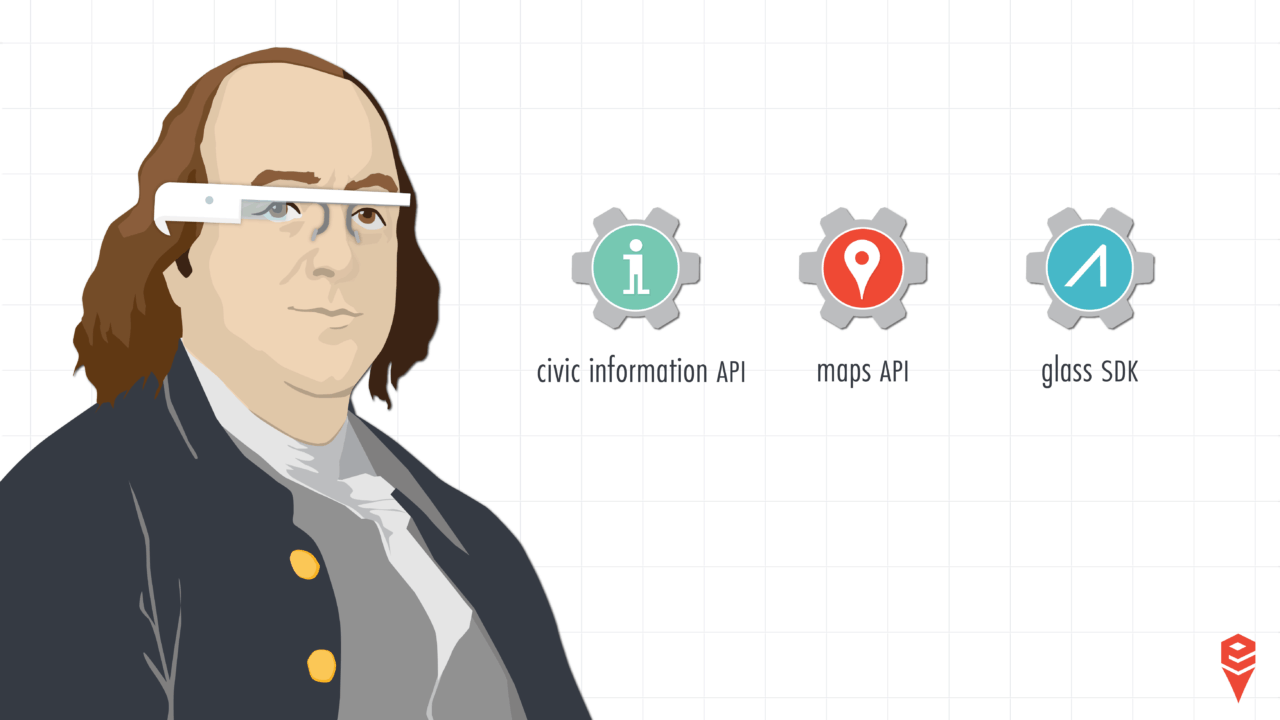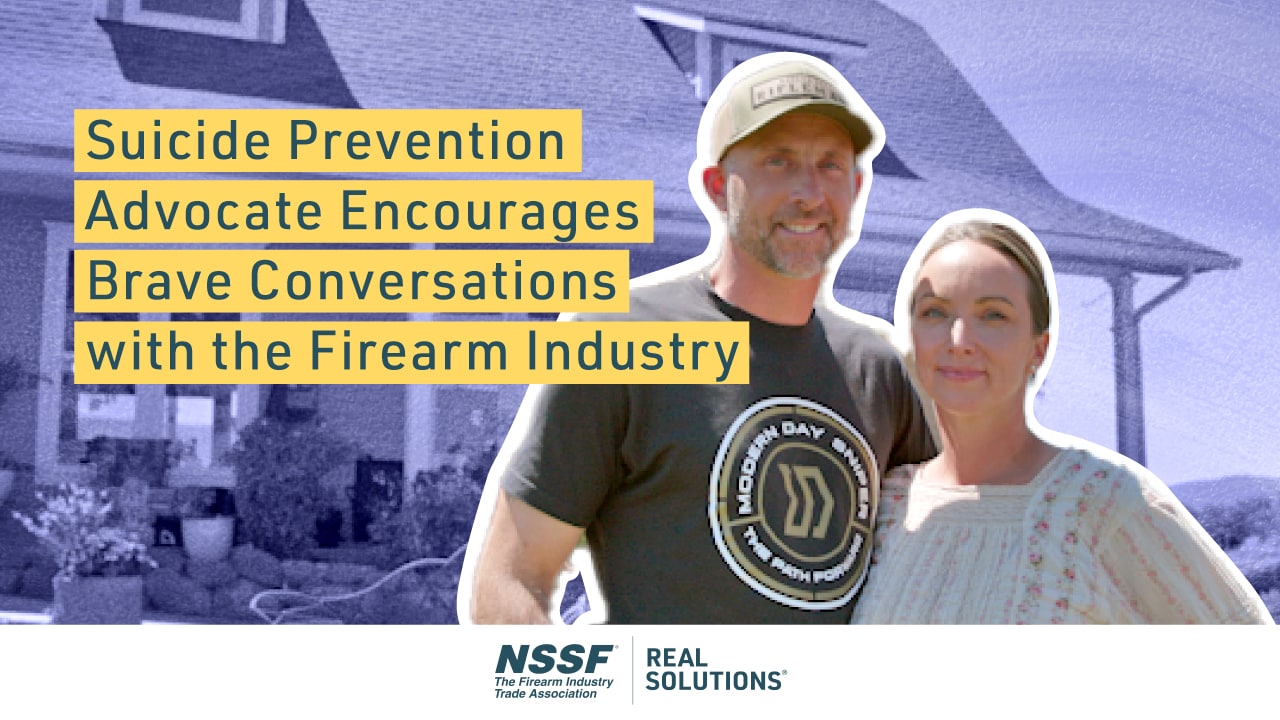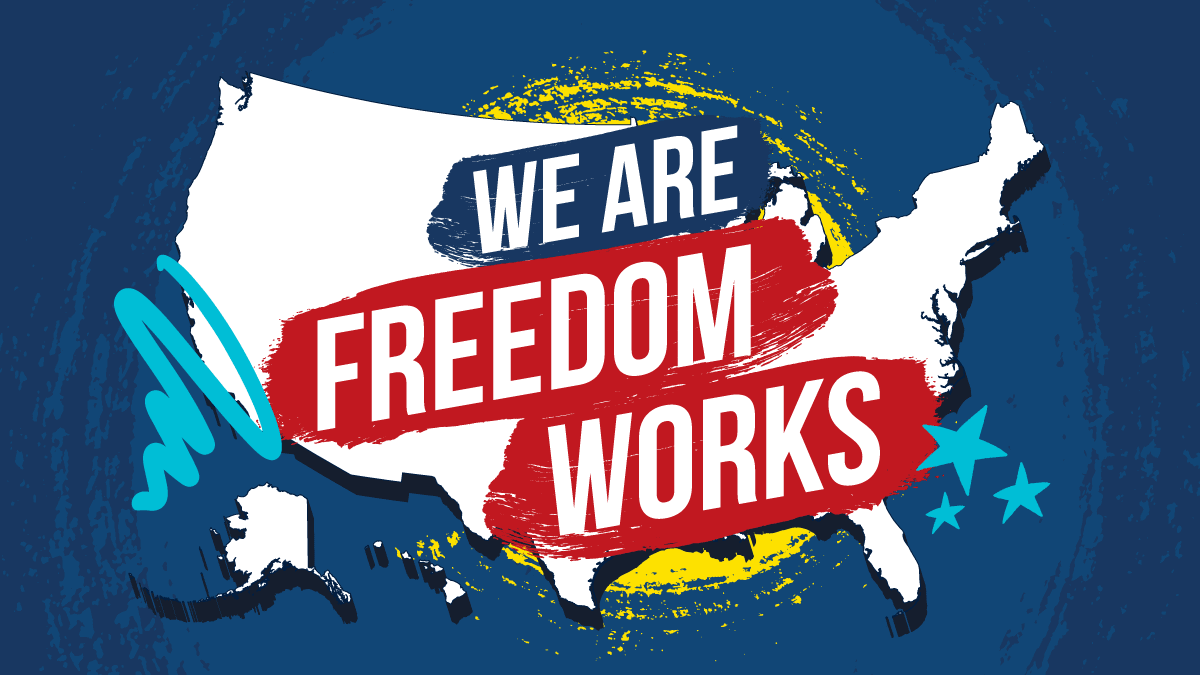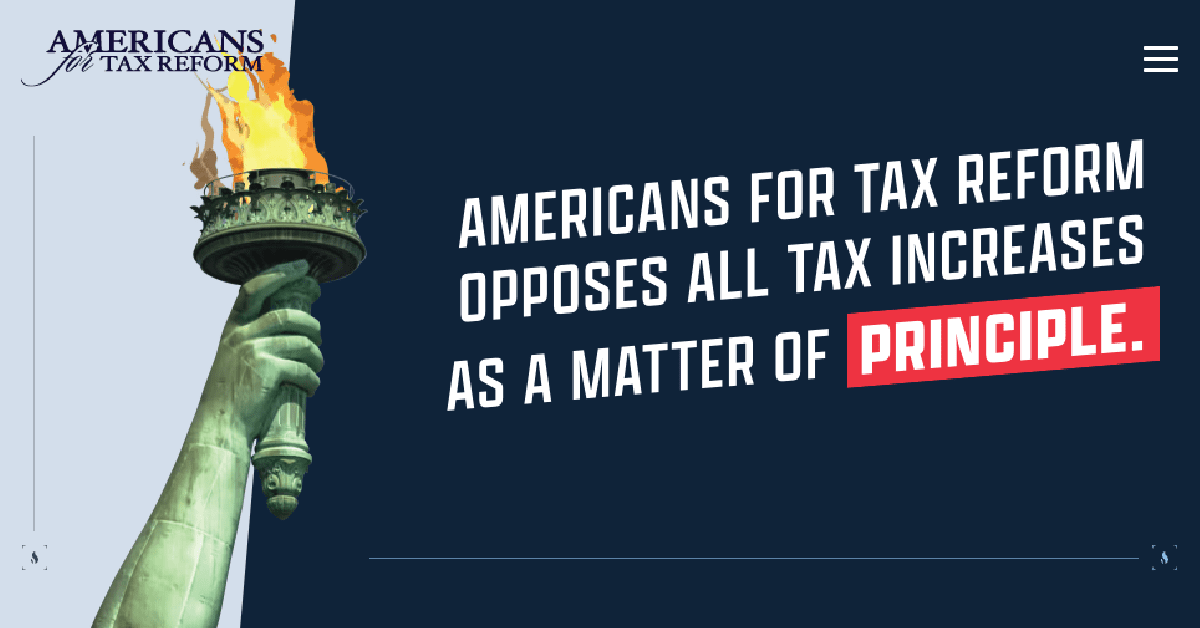Case Study
Google Glass: Poll Position
APIs For Freedom

They say voting is your civic duty, but they don’t always tell you where to vote. Thankfully, our Google Glass app called Poll Position will look up your polling place and give you step-by-step directions, thanks to civic-minded geeks at Red Edge and the power of Google’s APIs.
FAQ
What is this app?
Poll Position is a free, open source software application designed for Google Glass. Its intent is to demonstrate the unfolding potential for civic engagement allowed by cloud computing, augmented reality, and location software as best encapsulated by a wearable such as Google Glass.
Is this your first Google Glass app for civic engagement?
No! Red Edge deployed the first Glass app for advocacy — Augmented Advocacy. It was a demo of layering database information and location technology within Glass to inform and empower citizens.
What Google APIs are used?
We used three different, powerful, and interesting APIs provided by Google. They are the Glass Development Kit, Maps API, and Civic Information API. This app is not endorsed or made by Google, but we thank them for doing the hard work on making the information available.
Did Google ask you to build this app?
Nope. No one did. Poll Position is the result of Red Edge’s “every day is a hackathon” mentality and reflective of our mission to make the world a more informed, freer society.
Hey, I’m not getting polling information in my state — what gives?
The app is dependent upon Google’s Civic Information API to pull polling locations, which in turn is dependent upon states providing polling locations in a timely and processable manner. At the time of this writing, the following 28 states have available polling location information: AK, CA, CT, DC, DE, HI, IA, ID, KS, MD, ME, MI, MN, MO, MT, NC, NE, NH, NJ, NV, OH, OK, RI, UT, VA, WI, WY
Glass is not yet widely adopted — what is your metric for success?
We definitely want any Glass users out there to download the app, but primarily we view this release as a way to encourage the imagination of the civic engagement community, advocacy professions, and politicos. However, we hope/expect Glass (and competing technologies) to become more widely adopted in the near future so this is indeed a practical first version of the application.


